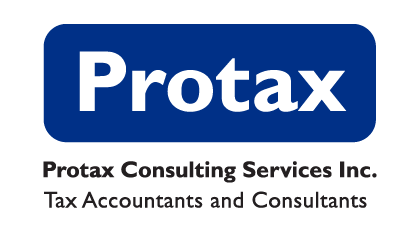Protax Consulting Services Inc (“Protax”) was established in March 2001 and is now the world’s leading U.S. individual international tax firm.We specialize in the delivery of world-class professional services in U.S. Expatriate tax and Foreign National/U.S. Nonresident Alien tax.
Headquartered in Manhattan, New York, Protax operates on a global platform and has assisted many expatriate clients worldwide. Through our AITC membership, we provide tax accounting, consulting and compliance-related services.
At Protax, we are dedicated to educating our clients. We want them to be kept aware of U.S. tax laws affecting the amount of income tax they will pay, as well as the developing and constantly changing laws of U.S. taxation. Protax’s Principal Marc J. Strohl, CPA’s concise and informative executive summary tax articles regarding U.S. Expats are world renown. These articles are used by the Big Four to teach their staff and give to clients.
Top Expat Questions About Protax
[accordions id=”2036″]

